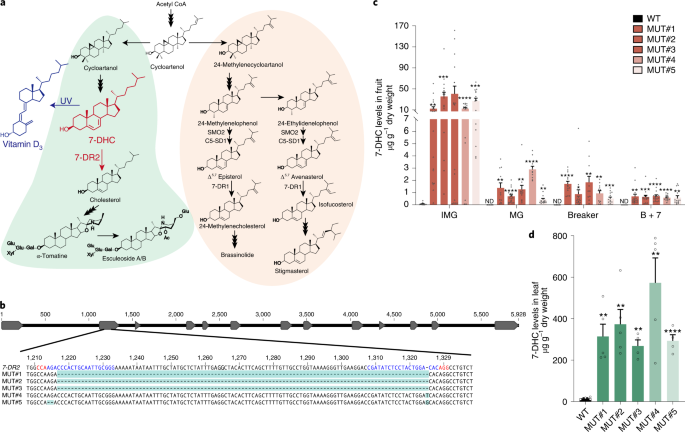Findings #8
🍅 From the Web
The world seems to be on a little bit of rocky footing right now, especially when it comes to the economy. That does little to stop some amazing breakthroughs in science. This week I came across this paper from Nature Plants.

Researchers used CRISPR Cas9 to increase the Vitamin D levels in tomatoes. The plants create a precursor chemical called 7-DCH which the plant uses to make a number of other chemicals within the plant. Researchers disable one of the 7-DHC pathways, causing a build-up in the flesh of the plant. After exposure to UV light, the plan converted 7-DHC into vitamin D.
We're no doubt years away from a regulatory pathway for CRISPR modified foods but it certainly opens up some fascinating possibilities. As the world faces unprecedented demands on food and our climate, solutions like this could be a major part of the solution.
📈 From Me
The latest episode of the podcast is out. Tom and I talked about the new GATO model from Deepmind and whether this is the most important century in history.

🧠 Final Thoughts
Does evolution require pruning?
For the longest time, birth and death were the sources of evolutionary change. With technologies like CRISPR and technologies like AI maybe that is starting to change.
Until next time.


